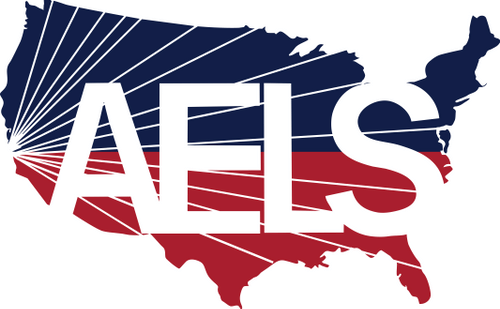
Prepositions: On, At, In


There are so many prepositions in the English language. We use prepositions to designate relationships between nouns, pronouns, or noun phrases in connection to one another. Most prepositions have multiple meanings and can be used to tell the time, location, direction, and other abstract relationships. It is important to pay attention to the context of what you are reading, listening to, writing, or speaking when determining which preposition to use.
Non-native speakers find prepositions confusing because they often sound similar and their meanings coincide. Take “at,”“in,” and “on” for example; all three are used for expressing actions or events in moments of time. However, “at” is used for actions taking place at specific times of day/night, “in” is used for unspecific times of days, months, seasons, and years, and “on” is used for specific days and dates. Let us look at some examples so you can remember how to apply them.
“At” is used for telling when an action is taking place at a specific time.
Ex. I start work AT 9:00 a.m. I eat breakfast AT 7:30 a.m.
I am off work AT 6:00 p.m. I eat dinner AT 6:45 p.m.
The action is starting and ending work or eating meals “AT” the specific time of day or night.
“In” is used for actions that are done during unspecific or general times of days, months, seasons, and years.
Ex. I start work IN the morning. (day)
She plays Christmas music IN December. (month)
They ski IN the winter. (season) We swim IN the summer. (season)
He went to New York IN 2015. (year)
Here you see that actions are taking place in a general time. When I say, “I start work IN the morning,” you do not know the specific time I am starting work. I start work at some time in the morning.
“On” is used when actions or holidays take place on specific days, dates, and the weekends.
Ex. Halloween is ON October 31st. (date)
I start work ON Monday. (day)
He likes to cook ON the weekend. (weekend)
Now, some of you may recognize these prepositions are also used for locations, and you are right. For example, “being IN the kitchen,” “AT your house,” or “ON the sofa.” For now, focus on using these prepositions for references to time. You can practice these prepositions by going to our Instagram page, https://www.instagram.com/americanenglishlanguageschool/, clicking on our stories, and answering short quiz questions. For more information about joining our classes go to info@aels.edu.
Tagged: English Language School in LA, ESL School in LA, ESL Class Near Me
Published on September 21, 2021
A leading English language school accredited by the CEA (Commission on English Language Accreditation) and approved by SEVP (Student and Exchange Visitor Program) located in Los Angeles, California. Learn English in LA with our ESL classes, TOEFL preparation, and English speaking classes. Are you serious about improving your English? Join a class today!